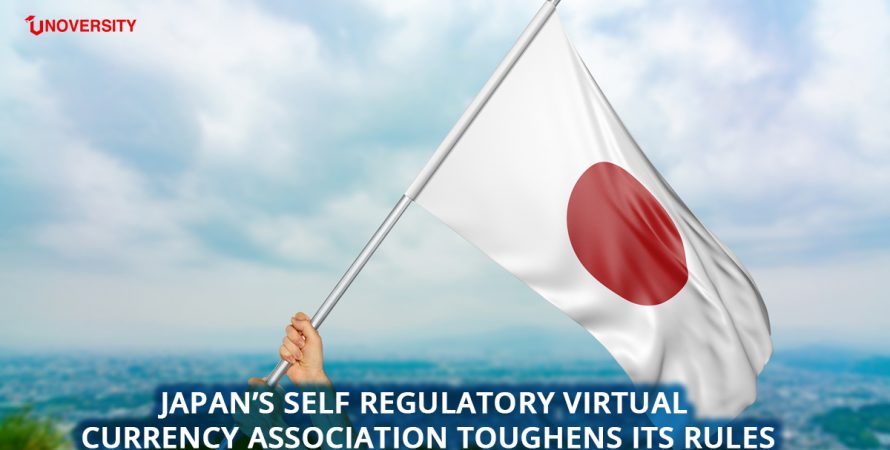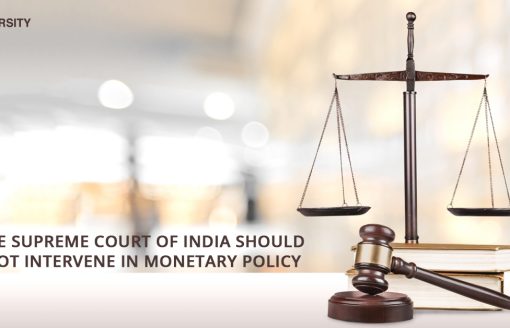The Japan Virtual Currency Exchange Association (JVCEA), a self-regulatory organization of some of the largest licensed exchange operators in Japan, established in April 2018, is planning to toughen its policies by formulating a limit on the amount of digital currencies that can be managed online by cryptocurrency exchanges, as reported by the Japan Times on September 30th 2018
The limit would likely be set to 10% to 20% of customer deposits. JVCEA is in said to be in the process of reviewing its policies. These policies were formulated in July 2018, after which they will be shown for certification to Japan’s Financial Services Agency (FSA).
The association’s new policy will limit the share of digital assets that could be stored this way by the organization’s member exchanges.
Cryptocurrency exchanges usually store the utmost of their customers’ cryptocurrency assets offline on cold storage wallets. A particular amount of cryptocurrency is also stored on a hot wallet that is connected to the Internet, making it unsafe to potential hacker attacks.
This decision by the association is followed by he recent hack of the Japanese cryptocurrency exchange Zaif that has lost 6.7 billion yen ($59.7 million) worth of cryptocurrency assets that belonged to both the company and its traders.
The stolen cryptocurrency from Zaif also included Bitcoin (BTC), Monacoin (MONA), and Bitcoin cash (BCH), these currencies were stolen from the exchange’s hot wallet. Out of the $60 million, $19 million worth (approximate) of stolen currency was handled by the exchange and different $40 million belonged to the trader on the exchange.
The FSA has started an investigation shortly after the hack of Zaif, aiming to verify whether the company will be able to cover customers’ losses. Toshihide Endo, FSA commissioner, told Reuters at the time that they were trying to a balance between safeguarding clients and technological innovations. Endo had told:
“We have no intention to curb [the crypto industry] excessively. We would like to see it grow under appropriate regulation.”
it was also noted that a similar case concerning Coincheck, a major exchange occured in January 2018, in which $510 million customer assets in the digital currency NEM were stolen. Industry sources had suspected that Tech Bureau may have exposed too large a portion of the cryptocurrencies to the Internet.






LMAX global forex trading firm launches crypto trading